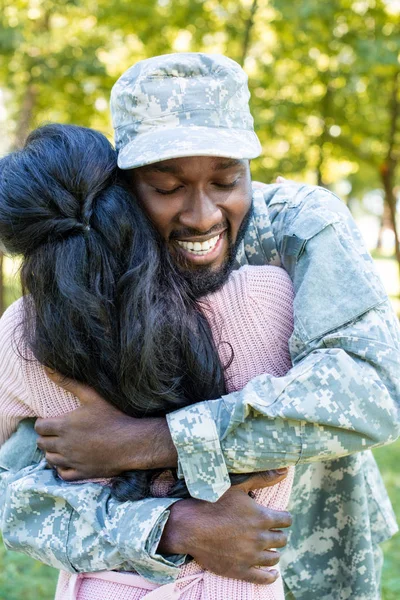By Karen A. Shirer, Ph.D.
Couples around the globe recently celebrated Valentine’s Day with gifts, candy, and flowers. Many couples reaffirmed their love for each other. What if we attended to our couple relationships every day of the year and not just on Valentine’s Day?
Military couples can take action to maintain and strengthen their relationships, also called relationship maintenance (Knobloch et al., 2022). Research shows that these actions make a positive difference in couple relationships. In addition, when couples take these actions year-round, they lead to greater relationship well-being and resilience.
Why is relationship maintenance essential for military couples?
The military lifestyle impacts couple relationships. These impacts can be positive for couples, such as gaining career skills or opportunities for personal growth. However, they can also be harmful such as deployment stress or frequent moves. Relationship difficulties are a top reason service members and families seek non-medical counseling (R. G. Anderson, personal communication, January 18, 2023).
What actions promote relationship maintenance?
Five types of actions promote relationship maintenance. An individual takes some of these actions. Other activities are done together by the couple.
- Communicate throughout the deployment cycle. Adjust communication to the demands of service members during the deployment cycle. For example, communication may be delayed or in real-time, depending on their availability. The quality of communication is more important than quantity.
- Share information freely. Avoid withholding information. Regularly share feelings. It improves relationship satisfaction and reduces symptoms of PTSD (Carter et al., 2020).
- Give and receive support frequently. Support by saying “I love you,” asking questions, and validating feelings. Be open to receiving support from the other partner.
- Manage stress together. Stress is a fact of military life. Talking with each other about stress is a critical first step in managing it. Then, set goals together for better managing stress.
- Encourage a partner with PTSD symptoms. It is difficult to live with someone suffering from PTSD. Yet, “accommodating” the PTSD symptoms, like avoiding social events, may hurt your partner more than help. Accommodation can lead to lower marital satisfaction and increased PTSD symptoms (Knobloch et al., 2022).
Where to learn more about relationship maintenance?
Military couples may lack the skills needed for relationship maintenance. You can provide information on relationship maintenance in your work with military families.
OurRelationship, offered by MilitaryOneSource, is an interactive online program for military couples. Military couples identify, understand and address issues in their relationships.
The program is entirely virtual, and couples do not need to participate in the same location. They typically complete the program in 4-6 weeks. It may take longer if they request the help of a coach.
MilitaryOneSource has other resources on maintaining relationships at the Rekindle, Repair, or Reset Your Relationship website.
OneOp provides professional development on strengthening couple relationships in military families. Check out these webinars and other resources:
- View A Close Look at Relationships: Supporting Military Couples, an on-demand five-part webinar on strengthening couple relationships.
- Listen to the three-part podcast series Strengthening Couple Relationships for tools and resources to support relationships.
References
Carter, S.P., Renshaw, K.D., Allen, E.S., Markman, H.J. & Stanley, S.M. (2020), Everything here is fine: Protective buffering by military spouses during a deployment. Family Process, 59 (3): 1261-1274. https://doi.org/10.1111/famp.12457
Knobloch, L. K., Monk, J. K., & MacDermid Wadsworth, S. M. (2022). Relationship maintenance among military couples. Journal of Social and Personal Relationships. Advanced online publication. https://doi.org/10.1177/02654075221105025
About the Author
 Karen Shirer is the previous Associate Dean of the University of Minnesota Extension Center for Family Development. Karen is also the parent of two adult daughters, a grandmother, a spouse, and a cancer survivor.
Karen Shirer is the previous Associate Dean of the University of Minnesota Extension Center for Family Development. Karen is also the parent of two adult daughters, a grandmother, a spouse, and a cancer survivor.
Photo Credit: Depositphotos















